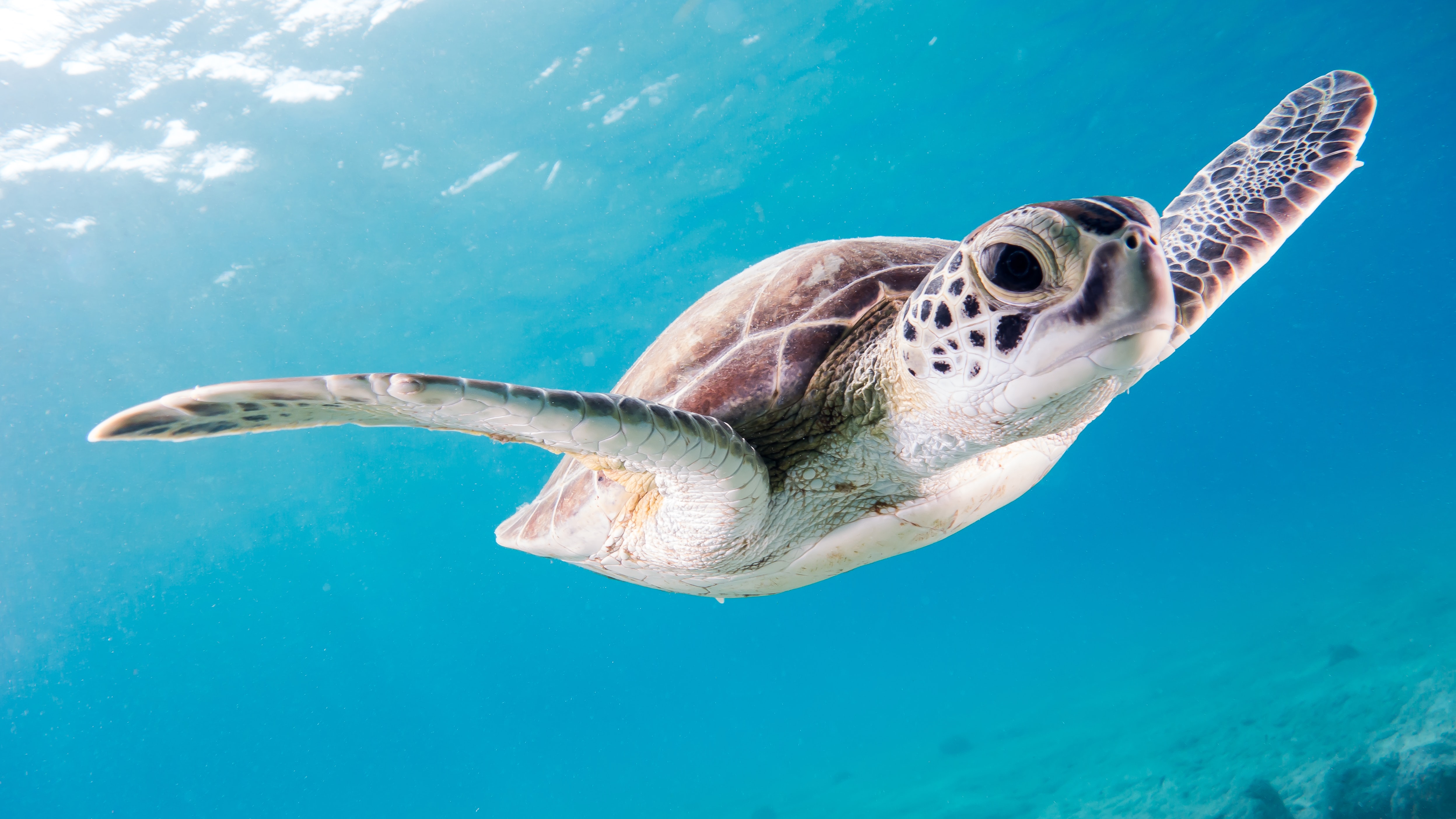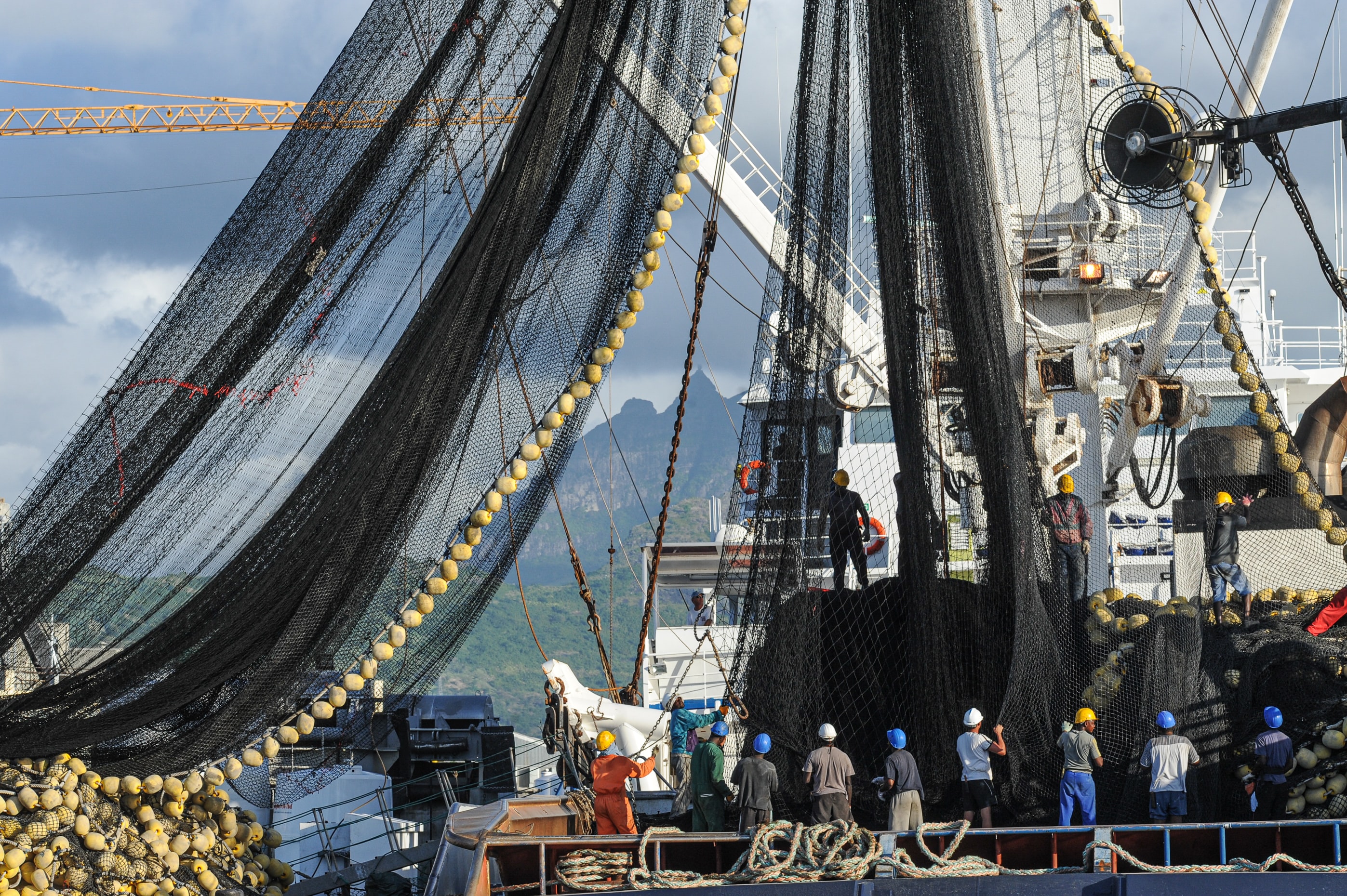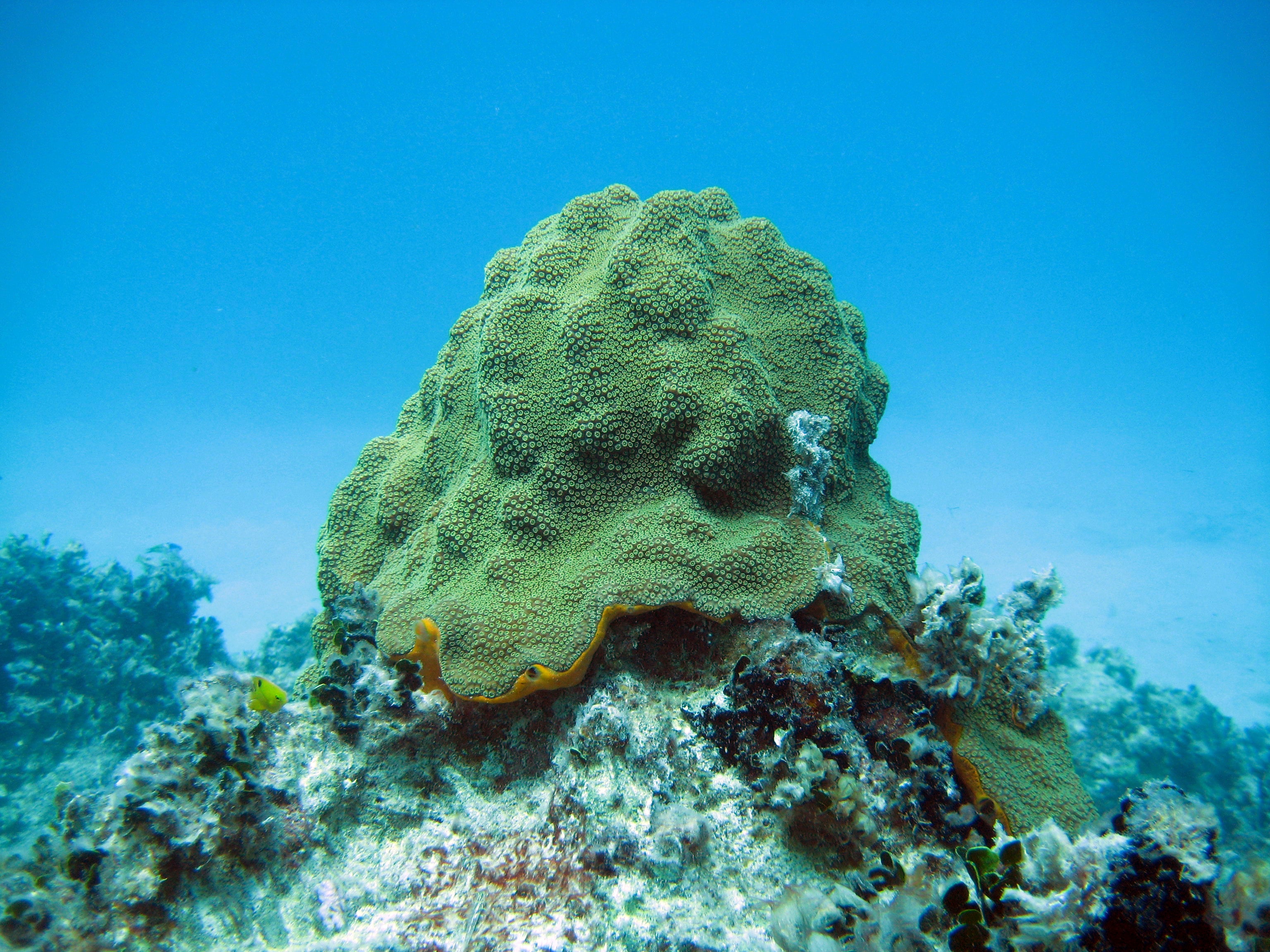The relationship between Humans and the Sea has changed!
We want to make our small contribution to empower our audience, made up of sailors and fishermen, towards a topic we particularly care about.
Fishing is our focus of the month and today we want to talk about Sustainable Fishing.

When can we talk about Sustainable Fishing?
The three principles of the Marine Stewardship Council standard are:
- Fishing disciplines that leave enough fish in the sea.
- Fishing as an activity practiced minimizing its environmental impact.
- Fishing responsibly managed in compliance with the laws in force.
What is overfishing?
Fishing tools and techniques have changed over years and human demand for fish has also changed.
The increase in the quantity of caught fishes has certainly favored trade on one hand, but on the other, a real over-exploitation of marine resources has begun.
Marine resources are not inexhaustible, and the over-exploitation of marine ecosystems and their inhabitants leads to the impoverishment of the seas in terms of both biodiversity and ecosystem processes useful for human well-being.

To minimize the negative effects caused by overfishing, we must move towards sustainable exploitation with an intelligent withdrawal of the fish resource so as not to irreversibly compromise its presence in nature.
In Mediterranean area, important steps have been made in this sense with European regulation EC 1967/2006 which defines management measures for the sustainable exploitation of fishery resources.
Fishing is considered illegal not only when protected species are fished, but also when "commercial" species are not caught in the right period or have not reached the defined legal size (which usually corresponds to the size of the animal's first sexual maturity).
There are specific periods in which you can fish and others in which the biological stop (or fishing stop) is in force.
During the fishing stop certain species cannot be fished to guarantee them a recovery phase appropriate to the biological cycle; the period differs from species to species, but the duration is approximately 40 days.
Destructive fishing and Waste
Unregulated fishing techniques causes damage which, added to pollution, leads to a drastic decrease in marine organisms: this is the reason why these techniques are also defined with the term destructive fishing.
Fishing with types of poisons (such as cyanide), for example, used to stun prey, in addition to being harmful to the catch, damages other animals and the environment in which these poisons circulate and accumulate.
Fishing with explosives is harmful in all types of ecosystems, but it becomes even more so in ecosystems such as coral reef where the rate of destruction is far greater than that of reconstruction.

One of the most destructive fishing techniques is represented by trawling: huge nets scrape the seabed, raking everything they find.
A direct effect of this and other fishing techniques is the problem of "by catch". The intensive exploitation of marine resources affects not only the species of greatest commercial interest, the "target species", but also all those species that are accidentally caught by unselective fishing gear and then thrown back into the sea, often injured or already dead. Accidental capture that occurs in this way causes the death of species that should not be fished, such as many endangered protected ones.
In the Mediterranean, the percentage of wasted fish can reach up to 70% of the catch and affects both species with no commercial value on the market and target species below the minimum allowed size.
The discard has an impact both on stocks of commercial interest, because it affects young fish before they have reached reproductive age, drastically reducing the productivity of the stocks themselves, and on the ecosystem, because entire marine habitats are damaged. Even protected species such as marine mammals or sea turtles are often caught accidentally, and this is a very sensitive subject that would probably deserve dedicated treatment (maybe we will talk about it in the future).
The reduction of waste is also important for fishermen's economy, in fact according to the recent reform of Common Fisheries Policy adopted by the European Union, fish under the minimum conservation size accidentally caught must be landed but cannot be sold for human consumption.
These catches therefore occupy a large amount of space on board to the detriment of the space available for marketable fish. It is therefore the fishermen themselves who have an interest in avoiding the capture of such individuals.
The landing obligation established by the reform of the fishing policy, which became active with the European Union Regulation 1380/2013 is a provision that prohibits the discarding of dead fish into the sea (unfortunately quite common practice in professional and recreational fishing activities).
Therefore, fishing has a multiple impact on marine biodiversity:
- intensive exploitation of the resource in an unsustainable way
- death of many species due to accidental fishing
- pollution
What can we do?
True cultural change must start with individuals, with the goal of concretely achieving sustainability and learning to live within the limits of a single planet. Each of us can play an important role every time he purchases a food product that has been fished with sustainable methods.
- Follow five simple rules that will help decrease our impact on the planet:
- choose products caught with "zero mile" artisanal methods, sourced locally.
- diversify your diet, choosing not only the most valuable and well-known species: in the Mediterranean there are over 500 species of edible fish, but only about twenty are those usually chosen.
- only buy adult fish that have already reproduced.
- check the origin of the fish you are buying, its provenance, whether it was caught, farmed, whether it is fresh or frozen fish.
- prefer MSC (Marine Stewardship Council), ASC (Aquaculture Stewardship Council) or organic certified products to guarantee a choice according to sustainability criteria.
Low-scale fishing
Fishing, as a hobby and as a sport, must be practiced with respect for nature. This is the first rule for those who practice a "recreational activity" so closely connected with the environment.
What can we do about it?
Adopt the Catch, Photo & Release (CPR) philosophy in sport fishing competitions but also in our weekend fishing trips, if the goal is not to bring food home. Catch, Photo and Release allows you to leave all the fun of this activity unchanged, without causing any damage to nature.
How does it work?
Very simple: in Catch, Photo and Release you fish trying to cause as little damage as possible. The prey is held back just long enough to take a photo as evidence of the capture and released as soon as possible (it is always necessary to make sure that the fish is properly oxygenated and that it can start swimming again without problems).
This practice, now widespread in inland waters, has a very low impact on nature and keeps the thrill of fishing intact.
If, on the other hand, recreational fishing is practiced also with the aim of bringing the catch home, it is essential to comply with the law in terms of quantity, size, and species. Even if the law is not particularly restrictive in terms of minimum size, especially for some species it is good practice to release the specimens that have not reached the adult stage.
The responsible behavior and common sense of the individual fisherman always apply.
The collection during the reproductive period or of clearly ovate specimens is to be avoided; they will be the ones to grow and reproduce and guarantee the wealth of the fish stock for years to come and, in purely selfish terms, the enjoyment of the fishermen themselves.
During fishing we must avoid the dispersion of waste in the water, be it plastic or any other material (even if biodegradable); in the water we must leave only what must be in the water!
Fish Responsibly!
References
WWF Italy official website / Mari e Oceani / Pesca Sostenibile.
Marine Stewardship Council official website.
EU Official Journal – Regulation (EC) no. 1967/2006, December 21, 2006.
Pietro Ferri, Aqua Map Team.




